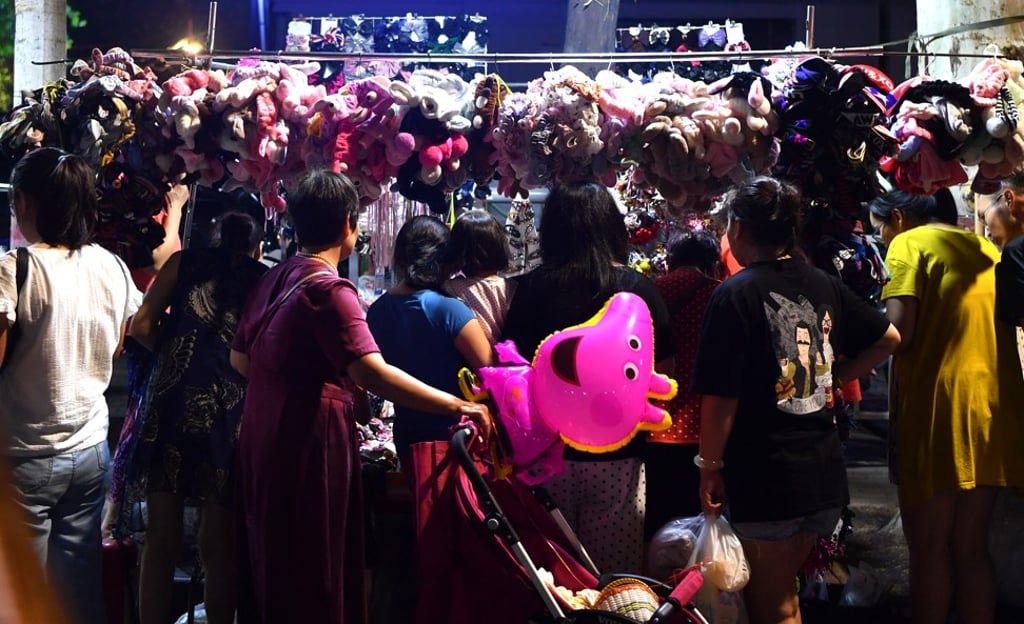China’s efforts to boost night-time consumer spending to aid economy hit by weak demand
- National retail sales growth slowed to 7.6 per cent in July due to rising debt and higher prices, with slowing economy raising concerns over employment and income
- China’s State Council this week unveiled 20 measures, including promoting consumption during night-time hours, to boost national consumption

Late last year, Jay Li and three friends started an innovative late-night barbecue business, using two of Guangzhou’s many dim sum cafes once they had closed in a bid to save money.
They rented two cafes in the central business district of Zhujiang New Town to run their restaurant from 9pm to 2am, and while the idea saved money, it turned out to be not as successful as they had hoped.
Local consumer spending has got worse and worse this year. We are going to give up soon because the market is telling us that it’s a really bad idea
“Local consumer spending has got worse and worse this year. In recent weeks, it’s very quiet on both workday nights and weekends, and we have only one or two tables of guests at around midnight,” said Li. “We are going to give up soon because the market is telling us that it’s a really bad idea.”
In total, Li and his partners paid 70,000 yuan (US$9,800) per month for their time-sharing rent, three waitresses and two chefs at each of the two cafes.
Li predicts that, in coming months, the entertainment and restaurant sectors will take a further hit from the soaring prices of pork and other meats, which will leave consumers with less money to spend after covering their housing and daily necessities.
